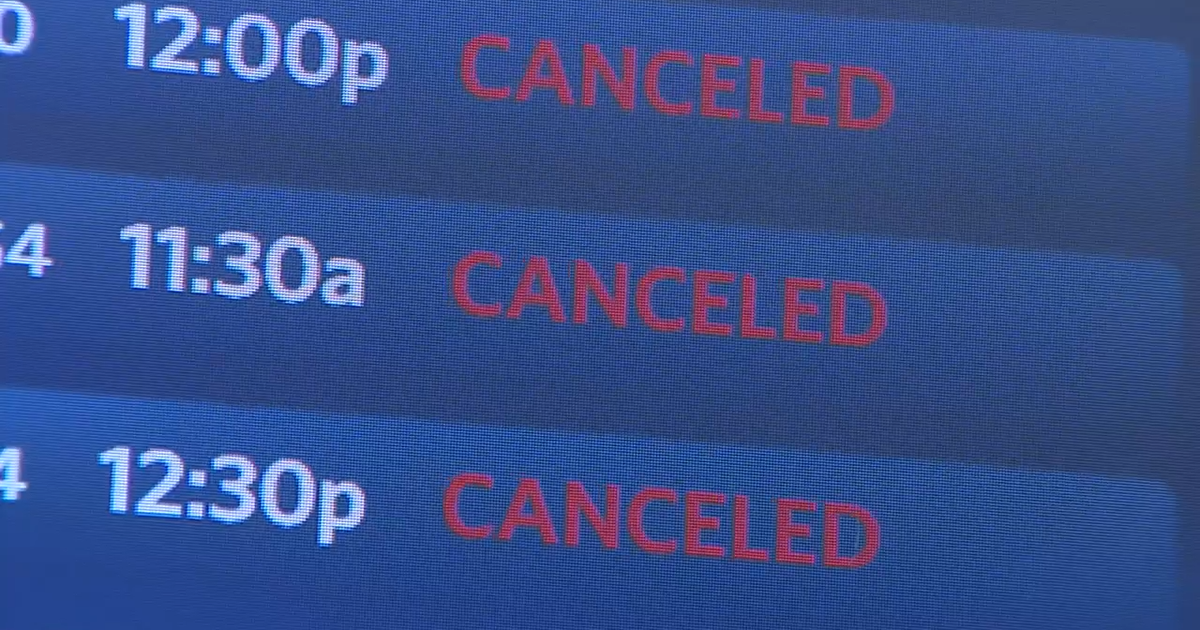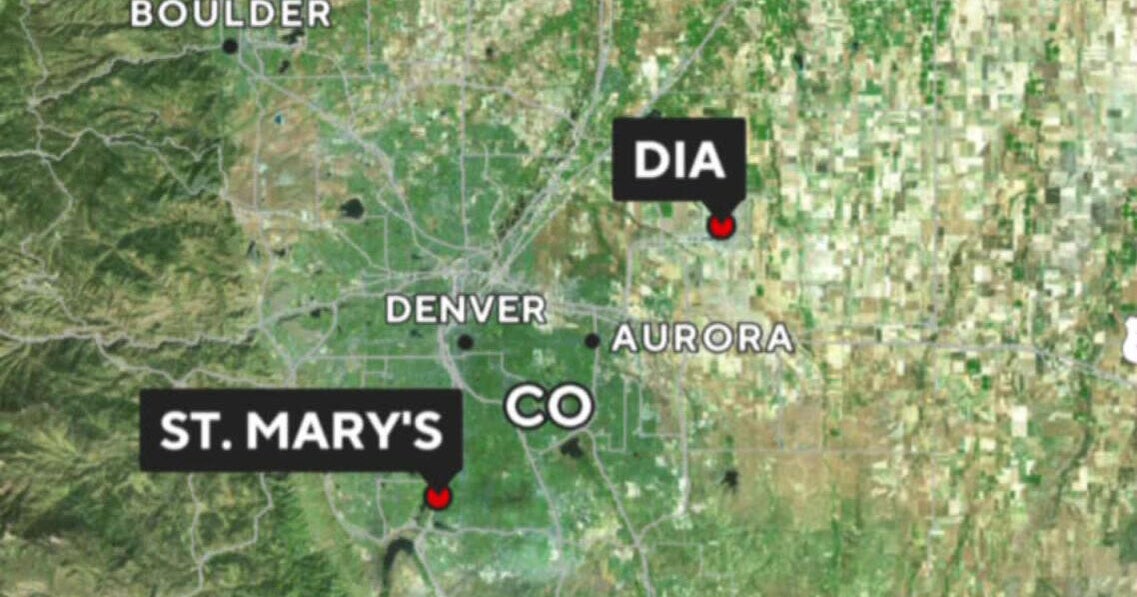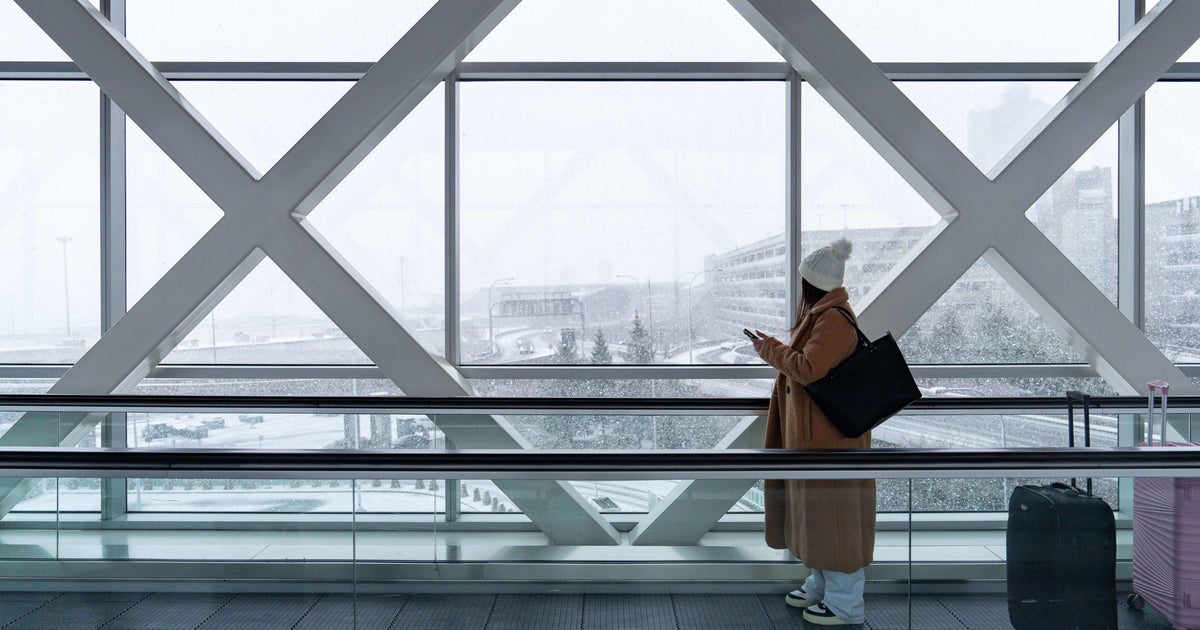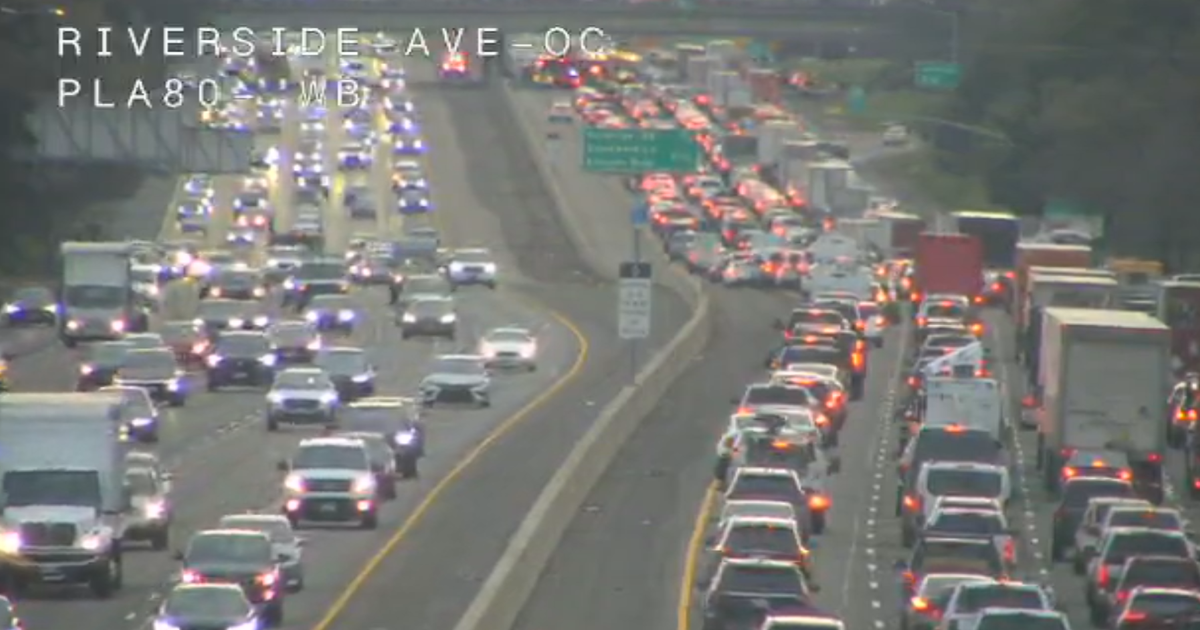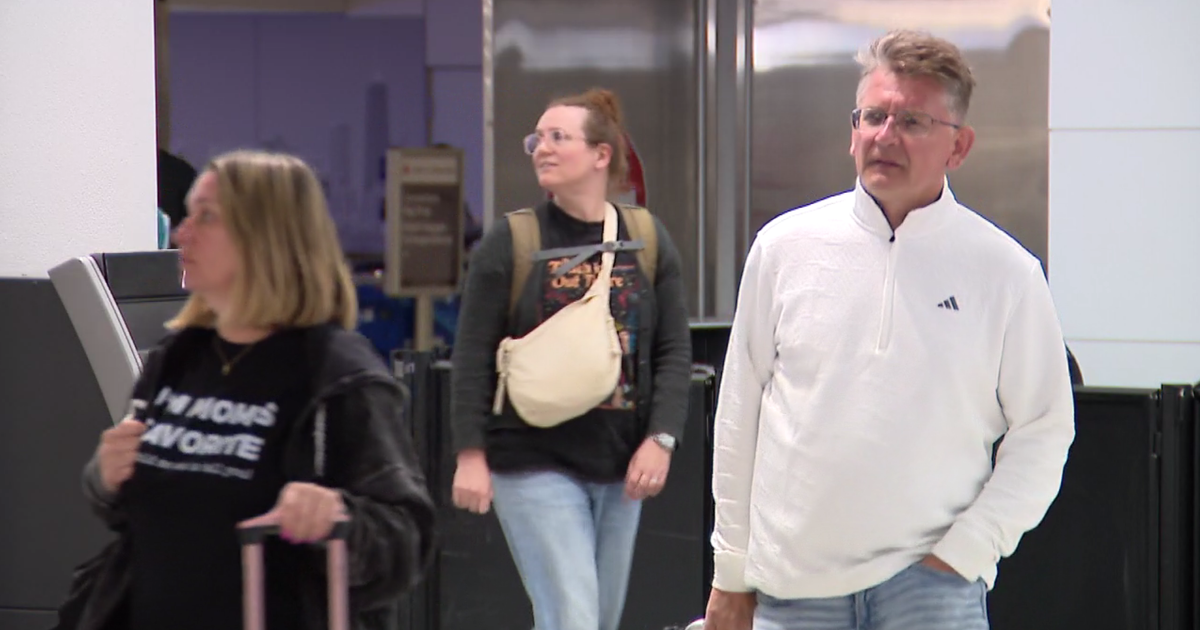Delays Remain In Wake Of MIA Fuel Farm Fire
MIAMI (CBS4) – Travelers at Miami International Airport better pack their patience.
In the wake of Wednesday night's fuel farm fire, there remains numerous flight cancellations and delays. Non-stop flights from MIA have come to a complete stop.
As of 1:30 p.m. Friday, 96 departing flights were cancelled, with another 47 departing flights delayed; 96 arriving flights were also cancelled, with another 6 arriving flights delayed.
And for travelers, airport officials aren't trying to sugar coat anything.
"Frankly, we are going to be a little delayed here for awhile," said MIA spokesman Marc Henderson. "Don't come expecting your flight to leave without checking first."
The flight disruptions come during the height of South Florida's tourist season, with major events expected to draw tens of thousands of visitors to Miami.
The sold-out Ultra Music Festival, which lures electronic music fans and DJs from around the world, starts Friday in downtown Miami. The Sony Ericsson Open tennis tournament is under way in Key Biscayne. Several other events, including the Home Design and Remodeling Show and Funkshion Fashion Week in Miami Beach, also are scheduled for the weekend.
"A couple of models flying in from New York aren't going to be here," said Funkshion Fashion Week Co-Founder Matt Heien.
Heien is now having to re-group in order to minimize the impact to the annual event to make sure all the talent makes it in town for the show.
"What's happening now we're trying deflect the flights to Fort Lauderdale, we're actually getting people coming into Orlando as well as drive down," said Heien.
American Airlines was the worst hit, since it operates 70 percent of the flights out of MIA.
Airport spokesman Greg Chin said Friday the existing fuel pump system is a total loss and will have to be replaced. "Thankfully, our underground pipe system from the fuel farm to the airfield was not affected. This will allow a phasing process that will help MIA to provide near to normal operations by next week, but the full replacement of the fuel line system will take a lot longer."
Since MIA is the second busiest airport in the country for international flights, the delays and cancellations were affecting passengers across South and Central America as well as the United States.
"They canceled our flight this morning," said Ara Girard, who was scheduled to leave for Guatemala. "I didn't know from yesterday it was carry on to today. And now we worry about coming back."
Repair crews were back on the scene Friday working hard to restore the fuel system to the airport.
The fire broke out late Wednesday night when one of the pumps in the fuel storage area located east of the runways exploded, according to officials. The fuel farm has six fuel tanks, each holding millions of gallons of jet fuel.
More than 100 Miami-Dade firefighters battled the blaze and were able to keep the fire contained. They brought the fire under control around 1 a.m. and extinguished it 20 minutes later.
A preliminary investigation into the cause found that the blaze may have been caused by a short circuit at one of the pumps, according to airport director Jose Abreu. Because the pumps that provide fuel to the airport were destroyed, airport workers had to implement a back-up plan to fuel the jets.
The fuel comes to the airport via the Everglades Pipeline, which runs in a 35-mile arc west from Port Everglades through Fort Lauderdale, Dania Beach, Cooper City, Pembroke Pines, Miramar and Hialeah before reaching the airport. It transmits about 55,000 barrels of jet fuel each day. Officials said the Everglades Pipeline showed no damage from the fire.
Four temporary pumps from Central Florida were delivered to the airport Thursday afternoon, bringing some relief but not much.
Travelers with flights out are being urged to contact their airlines to confirm that flights are on time.
American Airlines spokesman Ed Martelle said the airline's standard cancellation policy is in effect, which says passengers are responsible for accommodations, meals and expenses if flights are delayed or cancelled because of events out of the airline's control.

